Introduction
Let me start the article with a definition of randomness:
“Randomness is the lack of pattern or predictability in events. A random sequence of events has no order and does not follow an intelligible pattern or combination. Individual random events are by defintion unpredictable, but in many cases the frequency of different outcomes over a large number of events is predictable.”
Humans are surrounded by randomness. Ranging from our biological traits, our daily job and meeting the love of our life to our own hour of death. It is all a product of randomness. Even though your parents are healthy and lack genetic diseases, you are not guaranteed to be as fortunate. Your daily job and meeting your future wife is also not product of fate or determination, it is all a product of chance. Because there are billions of humans on earth, highly improbable events like winning in the lottery or getting hit by a lightning strike are bound to happen to some of us.
Although randomness plays such a huge part in our lives, humans are by nature not very good at probability and chance. We love to see a pattern, even where none actually exist.
It is well-known that people attempting to identify random data sets (for example dice rolls) will almost always get it wrong. Whenever they see a few patterns (like seven 6’s in a row; sample size of 100 dice rolls), they will tend to think this is intentional, not realizing that true randomness actually tends to contain lots of clusters.
One funny anecdote of how bad humans are at detecting randomness is the iTunes “shuffle” feature (=playing a random song), which in the past has led to a bunch of conspiracy theories about how the system is rigged. The listeners saw patterns (some artists were played more than others and often repeats) that made them suspicious. Funnily the iTunes shuffle was later changed. It is now less random. To make it more random for our human brains!

Randomness in Games
My personal income comes from playing Poker. I play thousands of hands in a single week. Sometimes I lose a lot of money and sometimes I win a lot of money. In the end I win more money than I lose, so it has become my daily job. Should I find one day another pursuit I highly enjoy, I think I will be successful at it, because games with random elements (Poker, Hearthstone and Magic) teach you a lot about life.
It is not a secret that there a lot of games with various level of skills. Usually the more random a game is the less skill intensive it is. Coin tossing is purely random, whereas Chess has no random elements and is only about skill. And then there are games with a decent amount of randomness, but enough skill for a competitive scene to develop and prosper. A good example would be Poker, which is a game with random elements you have no control over, resulting in the fact that even a professional Poker player can lose a lot of money over a short period of time. Poker has existed in various forms for quite some time now, and there is even a lot of scientific research that proves that the game is skill intensive, although it is random.
The same is true for Hearthstone. Although Hearthstone has random elements (drawing from your deck, random effects,…), the game has enough strategic depth (=picking a good deck and tuning it, playing it correctly in every matchup and understanding the game’s theory), so that the better player has an advantage. A better player will not win every game, but he is bound to win a lot more than worse players over a large enough sample size (I have a 60 % winrate at Legend Rank on average. Before Legend it is close to 70 %).
Games without randomness, like Chess are currently having a very hard time and are dying, because they are not very appealing to the casual crowd, which is the majority of the player base in every game. Randomness not only creates different situations and exciting moments and stories to tell, it also results in the fact that even the best players can lose to bad players in a short sample size. And always losing to better players is not fun for the majority of beginners.
Whenever you play a few hands of Poker or queue your favorite deck up in Hearthstone, you have no control over the random aspects of the game. In Poker you may start with Suited Aces, play well and in the end you lose a lot of money, because another player got extremely lucky.
And in Hearthstone you may play well and your opponent plays very bad, but in the end you still lose to Yogg-Saron, Hope’s End. And in the next game you lose, because Tuskarr Totemic rolled Totem Golem. And in the next game, your opponent draws both Tuskarr Totemics and rolls two Totem Golems. And then you queue up a fourth time and lose because you have a bad hand and your opponent has a very good hand. And then you quit and say to yourself: “I’m never lucky”.
Humans have a problem with randomness and losing. Losing is never fun. I have yet to hear from a guy, who tells his friends: “My evening in the casino was so much fun. I lost every single roulette roll. I can’t wait to go there again”.
And losing a game you are bound to win, because you are the more skilled player is even tougher. The truth is that randomness is not fair or unfair. If you play enough games, you are bound to be equally lucky and unlucky. It will all even out and the only variable in your control that can push your winrate to a high level is your play skill.
If you want to become good at a game with random elements, don’t bother about randomness. Your opponent is lucky and wins. You don’t care. You only think about if there was anything you could have done better and if your loss was a really a result of bad luck.
Back to the starting point, how does the concept of randomness in games help you become more successful and determined in your personal life?
There is a lot in your life going on you have no control over. You may get lucky and find the job of your dreams or find your soul mate. Or bad things can happen to you. You can lose your job by mere chance or your house burns down. Humans usually like to think they are in control of their personal life or even destiny. But the truth is, you are not in complete control. Bad things can happen, but also good things can happen. And some occurrences are completely random, they are out of your control.
My tip is don’t bother or waste energy on lamenting about occurrences you have no control over. Instead focus on the parts you have control over and can impact with your personal decisions. Be it in Hearthstone or your life. It will not only make you more successful, but also more happy!
Comparing Randomness in Hearthstone and Magic
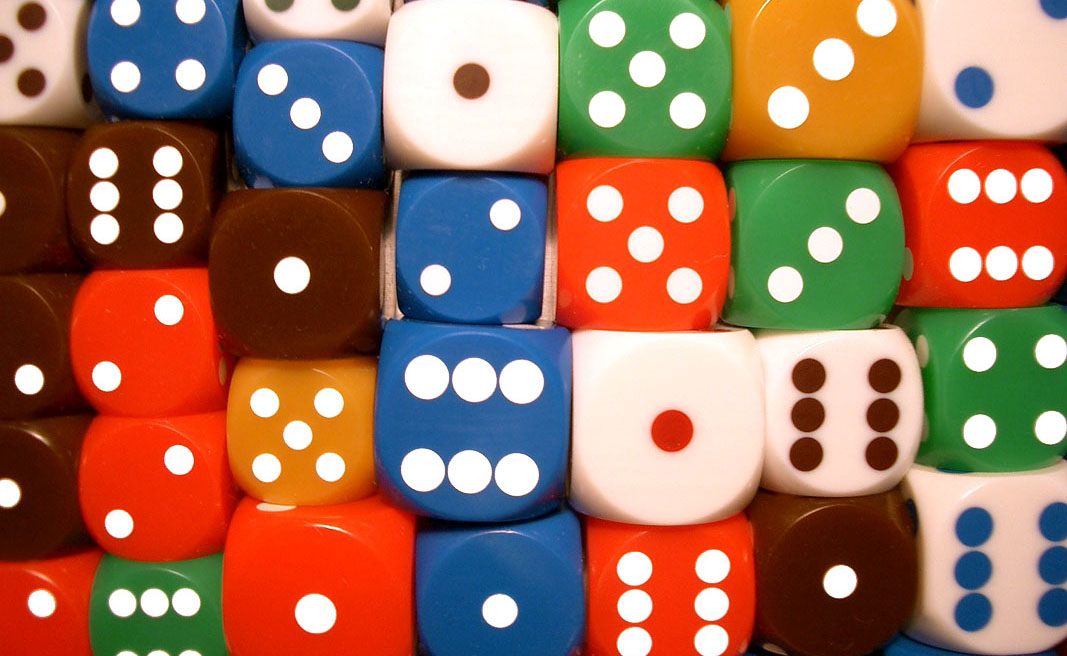
Hearthstone and Magic the Gathering are both the premier collectible card games of our time, I think they can coexist, while they also can learn a lot from each other. Although they are very different in some aspects, they also share a lot of similarities. As with almost every game, each of them has some design flaws.
Magic has a mana system with random elements. The equivalent in Hearthstone would be that every game you have a random chance that you don’t get any mana crystals at the start of your turn. In Magic there will be some games, where one player is not participating, he can only play very few cards or not any cards at all and simply will lose the game. Ever played against a disconnected player in Hearthstone? It is an easy win, because he is not participating in the match and can’t play any cards.
Magic the Gathering, although an offline game still makes it possible for players to experience the fun of disconnects.
Hearthstone does not have a random mana system, because on Turn 1 you can play a one mana card and on Turn 7 you are guaranteed to have seven mana.
To make up for the consistent mana system, the developers added random effects to a lot of cards. There are cards with minimal variance like Animal Companion (all three outcomes are almost equally strong), very swingy variance like Tuskarr Totemic and game flipping variance like Yogg-Saron, Hope’s End or Elise Starseeker.
Although Hearthstone has more randomness on cards attached I think both games are equally random and skill intensive. In Magic you have the mana system to ruin your day or the day of your opponent and in Hearthstone you have very random card effects. The professionals in both games have on average the same winrate (60-70 %), so I think my point that both games are equally skill intensive is valid.
When Randomness is Bad
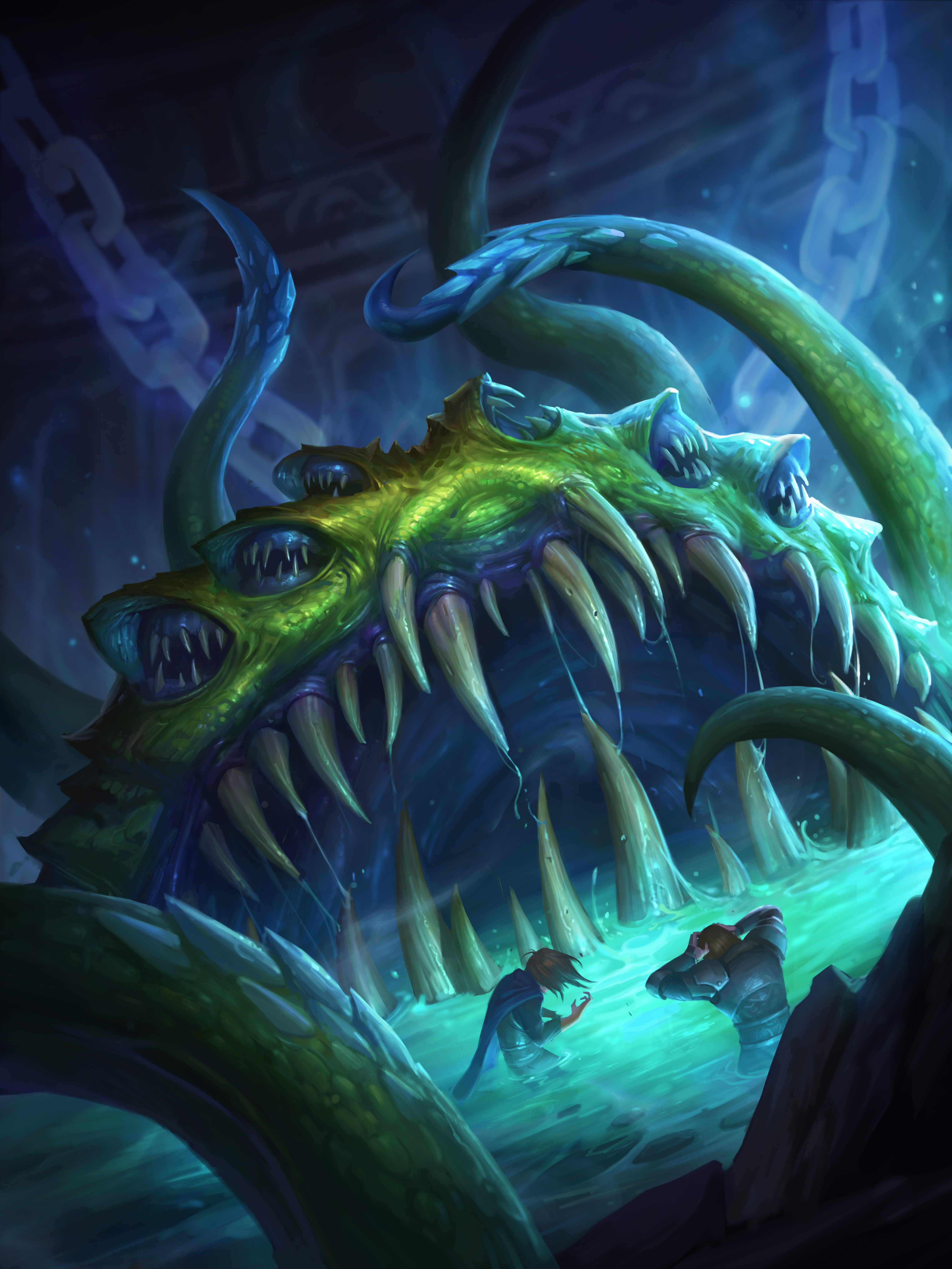
Games without randomness are not very popular and games with too much randomness are also not popular. The more random a game is the more the winrate of the best players will approximate towards 50 %. In order for a game to be successful it not only needs randomness, but it also needs a professional scene. A game needs to have professionals that are not only very good at the game, but are also entertaining. A professional coin tosser may have an interesting personality and be entertaining, but he can’t be good at the game. He may have his time in the sun, when he hits a lucky streak, but will soon disappear at some point, because the game does not give him the tools to express his superiority by being good at the game.
Usually early game minions are less random than late game minions. Tuskarr Totemic is a very poor designed card, because he is so swingy. The difference between rolling a free Totem Golem and a basic Totem is enormous. The 1/7 chance to roll a Totem Golem is also not that small. In addition to that Mana Tide Totem and Flametongue Totem are also absurdly powerful out of Tuskarr Totemic. Cards like Tuskarr Totemic greatly reduce the skill of the game, because not only is the Standard outcome good, but the “lucky” outcome is overpowered and can heavily swing a game.
I used to like the Control Warrior mirror during Goblins vs. Gnomes. Tempo was important because, you could actually kill your opponent before fatigue (now thanks to Justicar Trueheart that is almost impossible) with minion beat down.
But now with Elise Starseeker you play your ordinary Control Warrior mirror to fatigue and then at the end, after 20 minutes…….
Both players flip ten coins and the better coin tosser wins the game, because he gets better legendaries. A better player may grind out a small edge of 5-10 % going into the “Elise Starseeker coin tossing”, but in the end it may be all for nothing. Since Elise Starseeker was introduced my winrate in the Control Warrior mirror plummeted. Together with Justicar Trueheart it removed a lot of depth the matchup once had.
I think Elise Starseeker would be a much better card if she could not spawn EVERY legendary in the game. Why can’t she just pick cards from a limited pool like Ysera does?
When Yogg- Saron was spoiled I was talking to Stonekeep about the card. He hoped and thought the card is bad, but I thought it was good and will see competitive play. Sadly I was right.
First of all, the biggest problem of Yogg- Sarron is not that he is the most random card in Hearthstone. The problem is that he is actually very powerful. Yogg- Saron average results are already very good, because if you cast 10+ spells, he will clear the board and draw some cards on average. That is better than Deathwing!
In addition to that, there are outcomes that are far better than the average ones. As if clearing a board and drawing cards is not already very powerful enough?! Yogg Saron can not only clear your board, he can also build up a board for your opponent (Call of the Wild and multiple other spells) or simply deal massive damage to you.
I think Yogg had the potential to be an amazing and powerful card, but Blizzard screwed up. They should have given Yogg- Saron the Ysera treatment. Yogg- Saron should cast spells from a limited card pool of 10-30 cards, so that he is more predictable, less random and does not reduce the skill of the game too much.


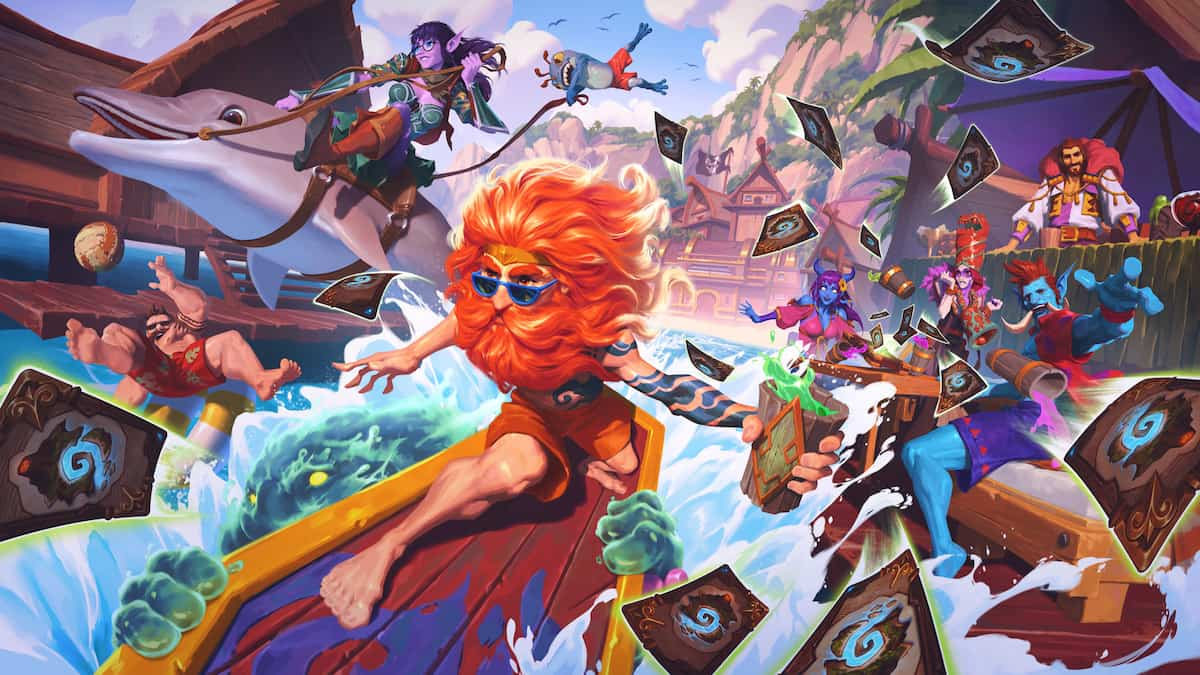


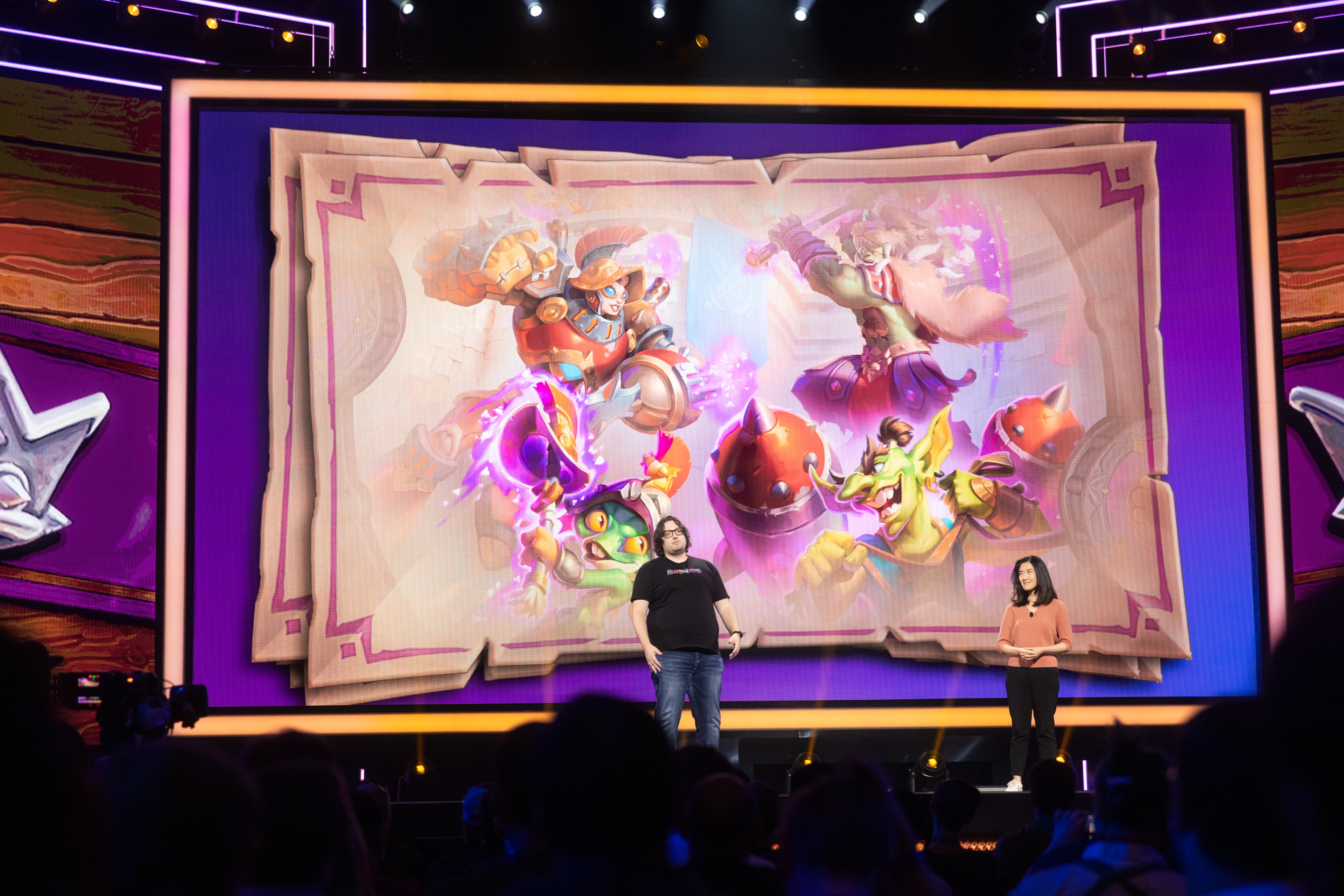
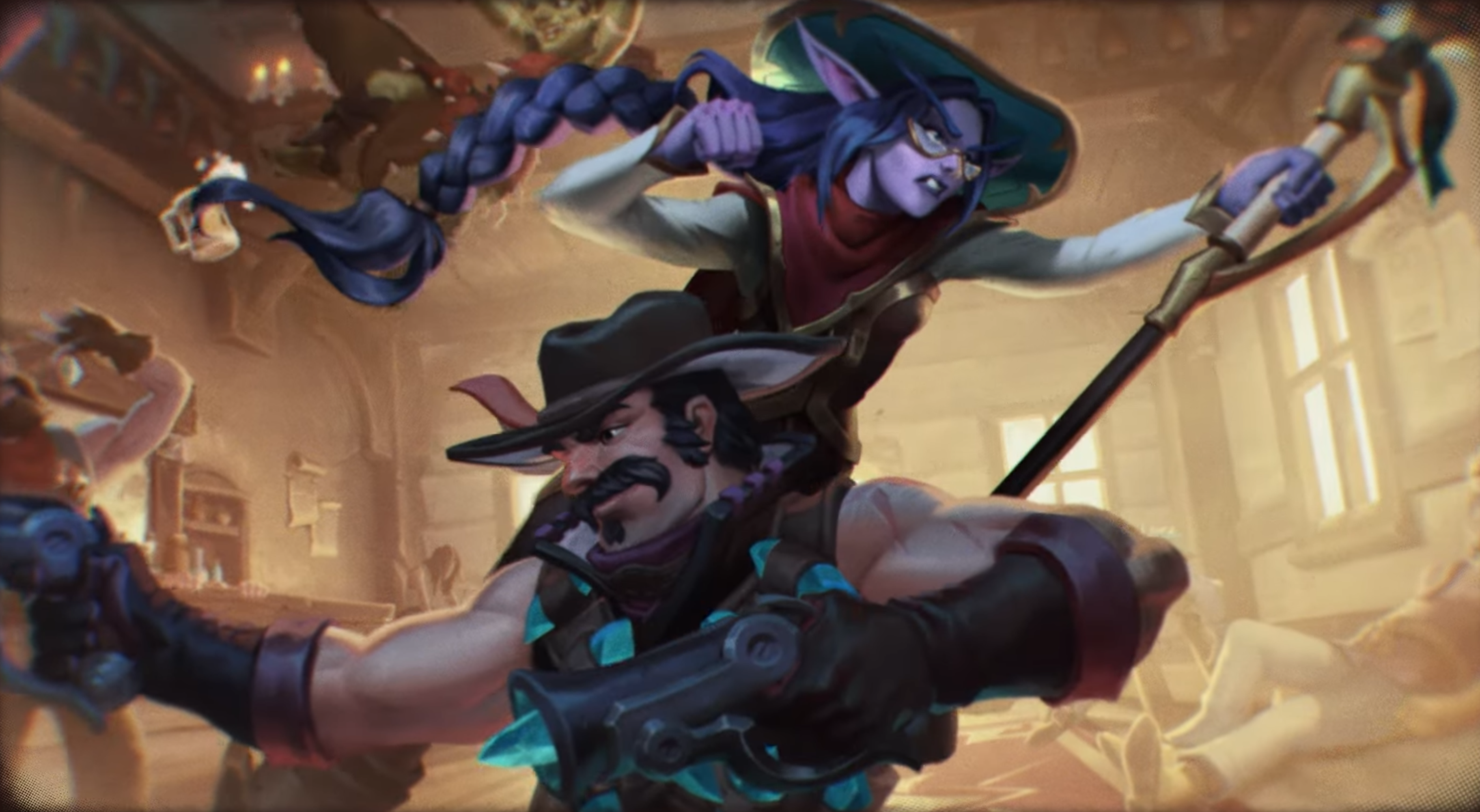
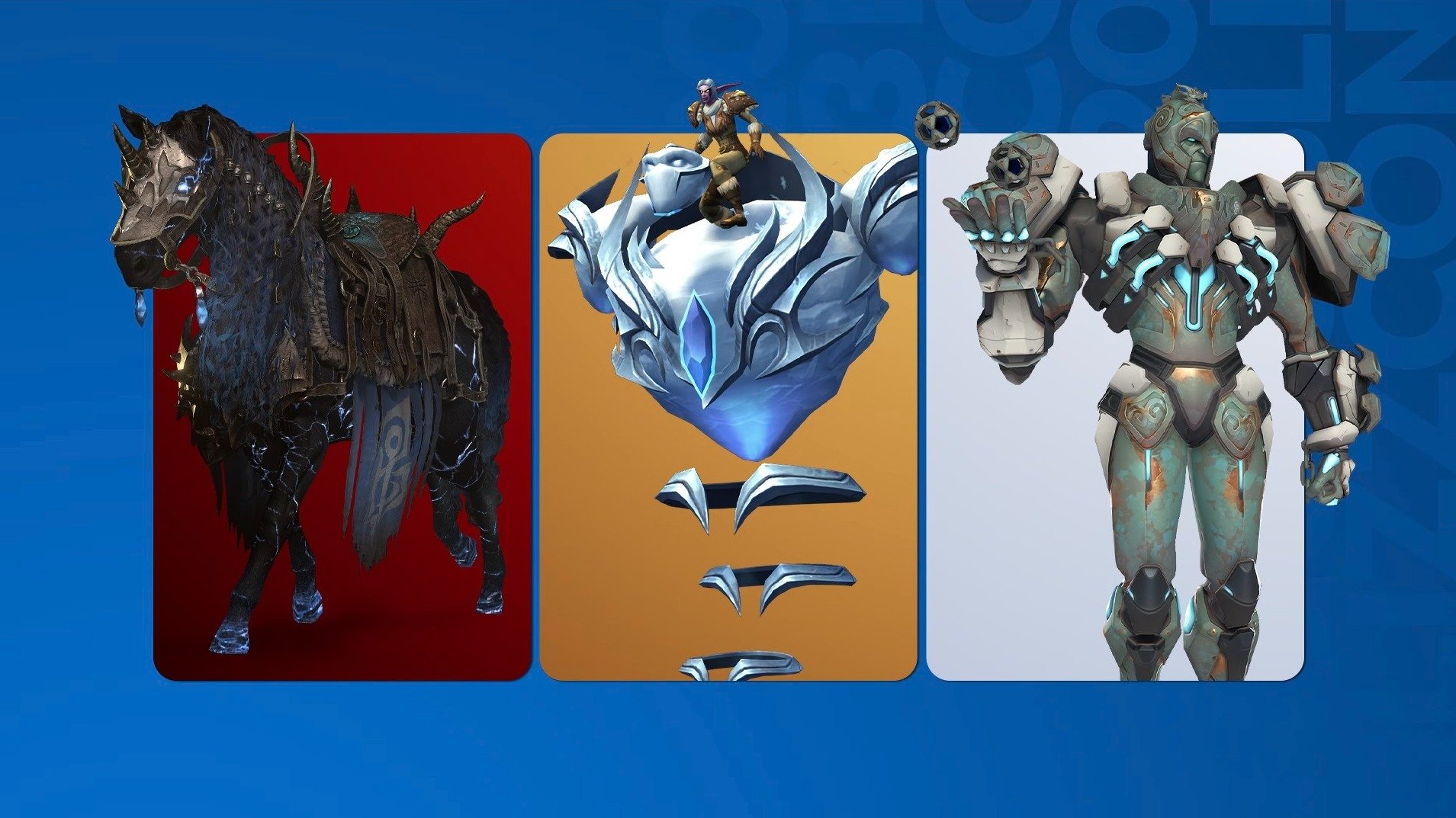
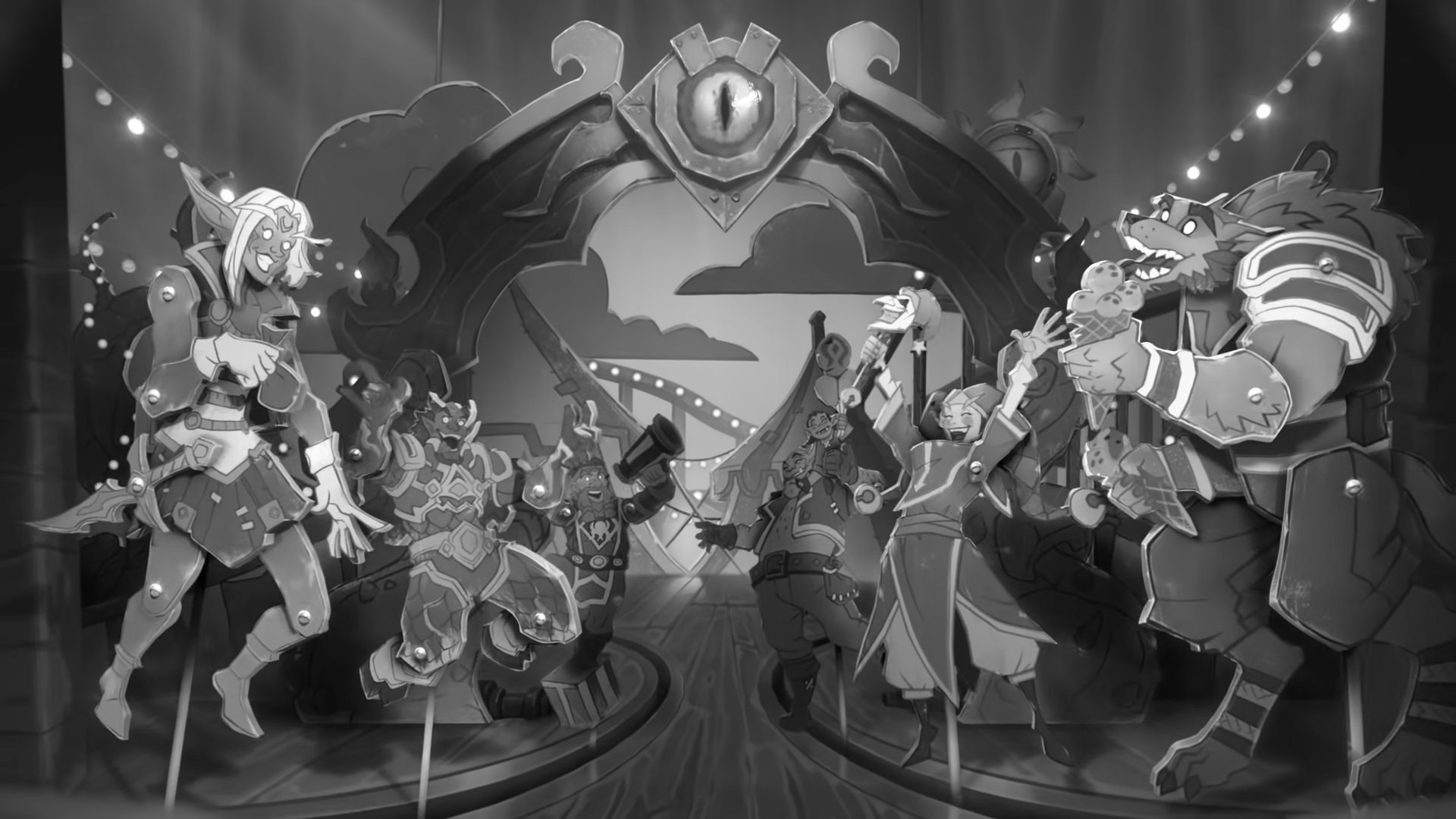
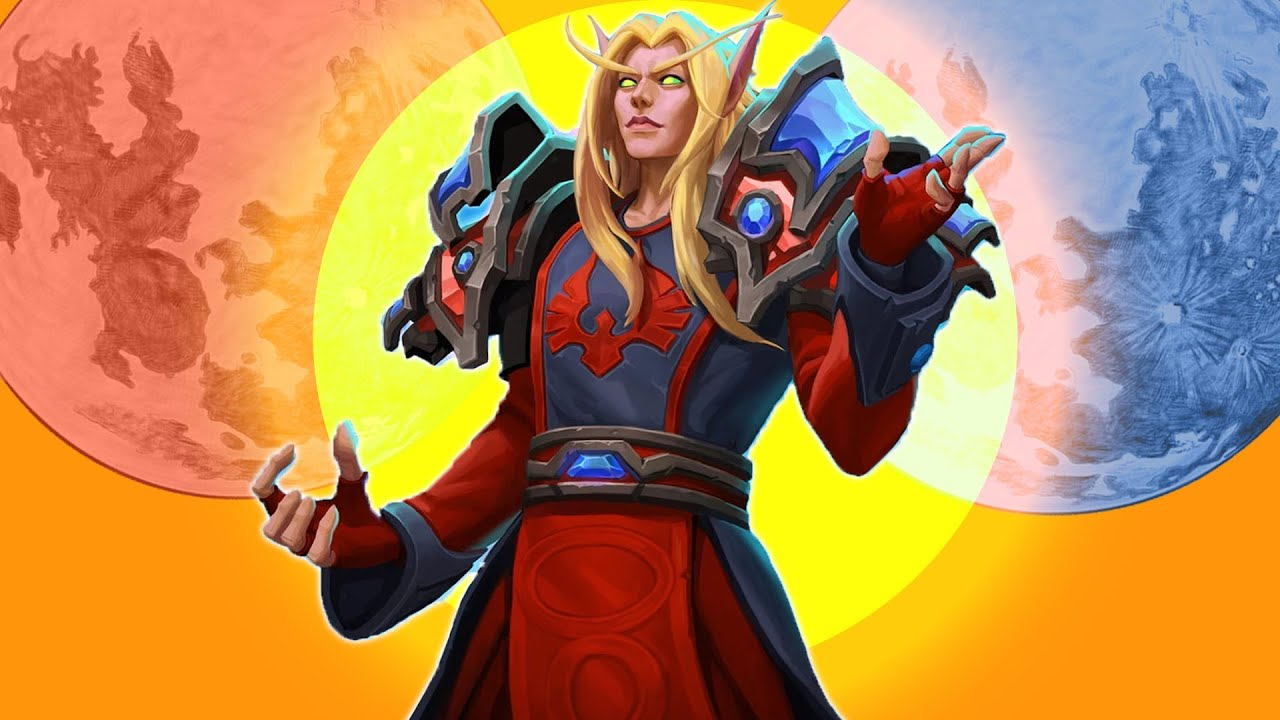
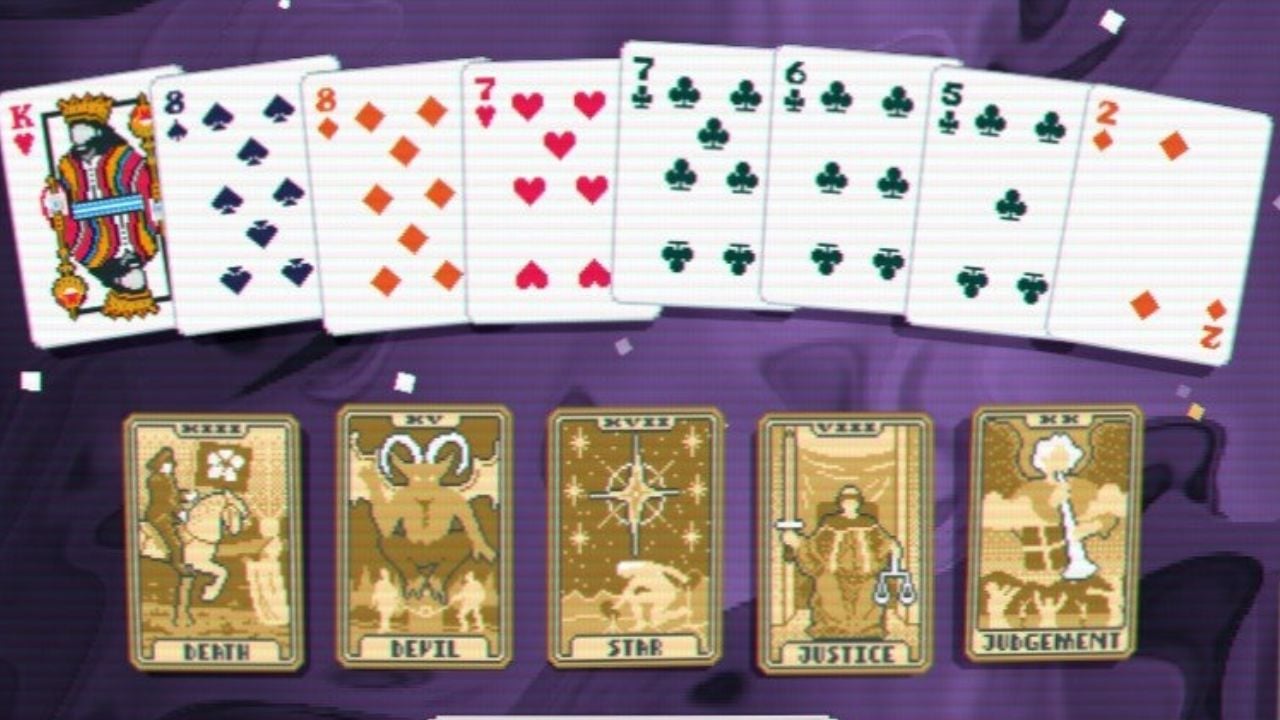
Published: Sep 16, 2016 02:03 pm